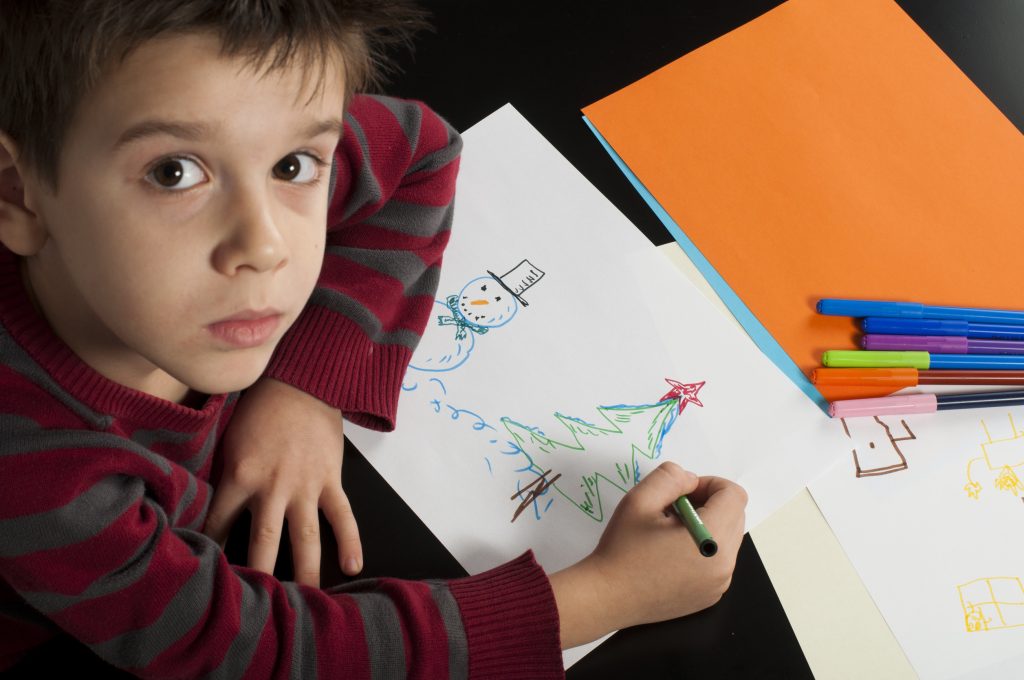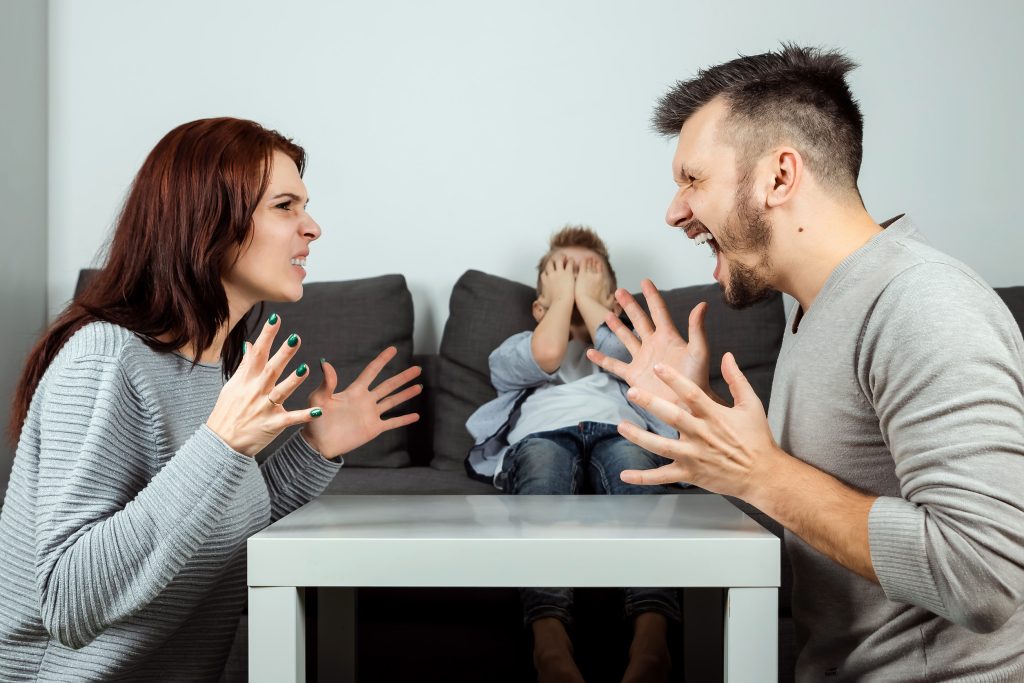Words matter—especially when they come from a parent. The way we talk to our kids shapes how they view themselves, how they communicate with others, and how safe they feel in their own home. Some phrases may seem harmless in the moment, but over time, they can quietly chip away at a child’s self-esteem, emotional security, or sense of trust. Learning which things never to say to your kids can help you build healthier connections and avoid long-term emotional harm. Here are ten common phrases that may do more damage than you realize—and what to say instead.
1. “Why can’t you be more like your sibling?”
Comparing one child to another creates unnecessary competition and resentment. It sends the message that their individuality isn’t enough and that love is conditional on behavior. This can lead to insecurity and long-term sibling rivalry. Instead, try focusing on the specific behavior you want to encourage without invoking someone else’s name. Every child deserves to feel valued for who they are, not how they measure up.
2. “Because I said so”
While this phrase may come out in moments of exhaustion, it shuts down curiosity and communication. Kids need to understand the reasoning behind boundaries and expectations. When they’re given explanations, they’re more likely to cooperate and internalize rules. Saying “Because I said so” dismisses their need to be heard and can breed defiance over time. A better approach is: “Here’s why I made that decision. Let’s talk about it.”
3. “Stop crying, it’s not a big deal”
Telling kids how to feel teaches them to mistrust their emotions or that their feelings don’t matter. What seems small to an adult can feel overwhelming to a child. Minimizing their feelings may make them bottle up emotions instead of learning how to process them. One of the things never to say to your kids is anything that invalidates their experience. Try saying, “I can see you’re upset. Let’s figure it out together.”
4. “You’re being dramatic”
This phrase often comes when kids are expressing big feelings in a loud or exaggerated way. But labeling them as “dramatic” turns a teachable moment into one of shame. It teaches them that expressing emotions makes them a problem. Instead, focus on helping them calm down and understand their feelings. Emotional regulation starts with emotional safety.
5. “You always mess things up”
Using words like “always” or “never” makes mistakes feel like part of a child’s identity instead of a learning experience. These extreme statements can leave lasting scars and discourage effort in the future. Even when you’re frustrated, it’s important to separate behavior from self-worth. Try: “That didn’t go the way we hoped. Let’s talk about what happened and how to do it differently next time.”
6. “I’m disappointed in you”
While honesty matters, this phrase can land hard on a child’s developing sense of self. Disappointment, when framed as a reflection of your love, can feel like rejection. It can cause kids to hide mistakes or lie to avoid letting you down. A more constructive version is: “I love you, and I know you can do better. Let’s figure this out together.”
7. “You’re fine”
When a child is visibly hurt or scared, brushing it off can send the message that their pain isn’t real or doesn’t matter. This can lead to internalized emotions and a reluctance to ask for help. One of the most impactful things never to say to your kids is anything that ignores their physical or emotional distress. Instead, assess the situation and say, “Let me help. Tell me what hurts or how you’re feeling.”
8. “I wish you were never born”
Even said in a moment of anger, this is a deeply damaging statement. It cuts at the core of a child’s sense of belonging and love. These words can echo in their mind for years and fuel feelings of rejection, fear, or worthlessness. If you’re feeling overwhelmed, it’s okay to take a break—but never weaponize love. Apologize if you’ve ever said something this hurtful and seek support if needed.
9. “Big boys/girls don’t get scared”
This phrase enforces unhealthy ideas about bravery and emotional control. Fear is a natural human emotion, not something to outgrow or be ashamed of. Dismissing fear teaches kids to hide it rather than face it in healthy ways. Instead, say: “It’s okay to be scared. Let’s talk about what’s bothering you and what we can do together.”
10. “You’re so lazy”
Labeling your child as lazy doesn’t inspire change—it creates a fixed mindset. Instead of motivating them, it can trigger shame and reinforce negative self-talk. Kids need encouragement, structure, and compassion when they struggle with motivation. A better way to respond is: “I know this is hard to get started. Let’s break it down into smaller steps.”
Words Shape the Way, They See Themselves
The things never to say to your kids aren’t about walking on eggshells—they’re about choosing words that guide, uplift, and build connection. Every parent slips up but being aware of the impact your words have allows you to course-correct and model healthier communication. Kids don’t need perfect parents. They need present ones who are willing to grow right alongside them.
Which phrase surprised you the most on this list? Have you caught yourself using any of these? Share your experience in the comments below!
Read More:
10 Toxic Things to Never Tell a Child When You’re Mad
Things You Should Never Allow Your Kids To Say To Their Grandparents
Catherine is a tech-savvy writer who has focused on the personal finance space for more than eight years. She has a Bachelor’s in Information Technology and enjoys showcasing how tech can simplify everyday personal finance tasks like budgeting, spending tracking, and planning for the future. Additionally, she’s explored the ins and outs of the world of side hustles and loves to share what she’s learned along the way. When she’s not working, you can find her relaxing at home in the Pacific Northwest with her two cats or enjoying a cup of coffee at her neighborhood cafe.









